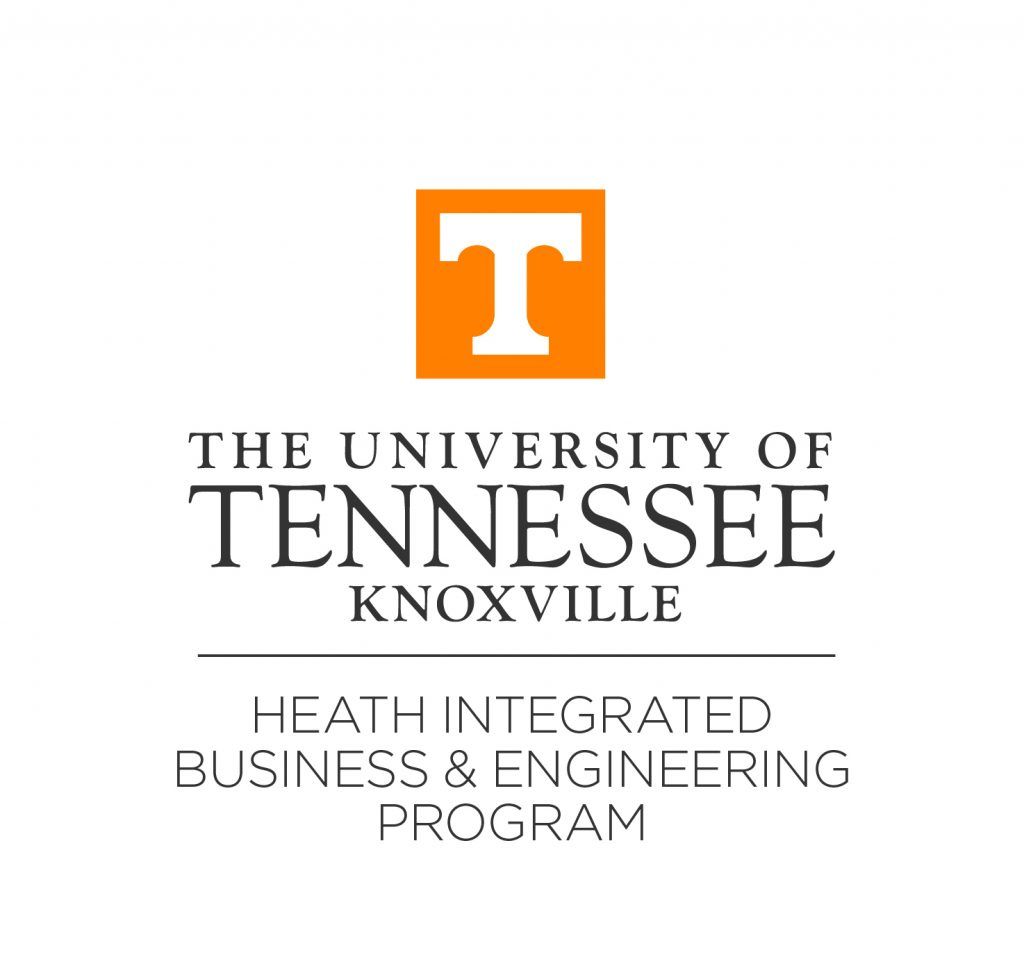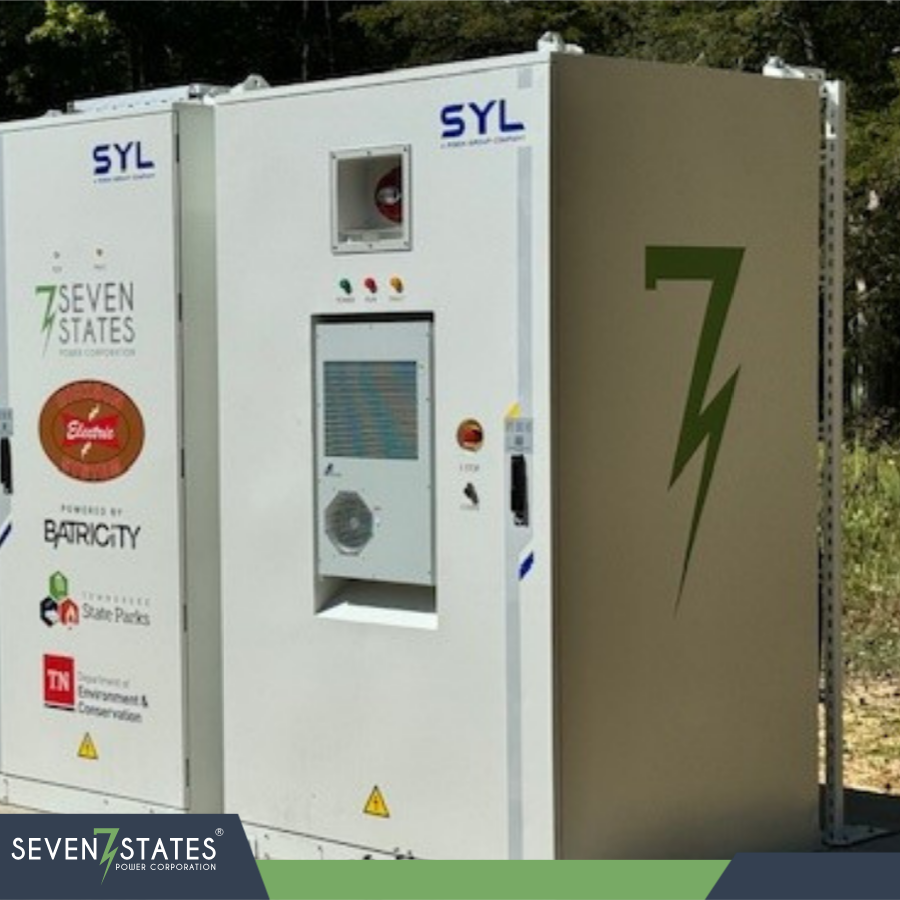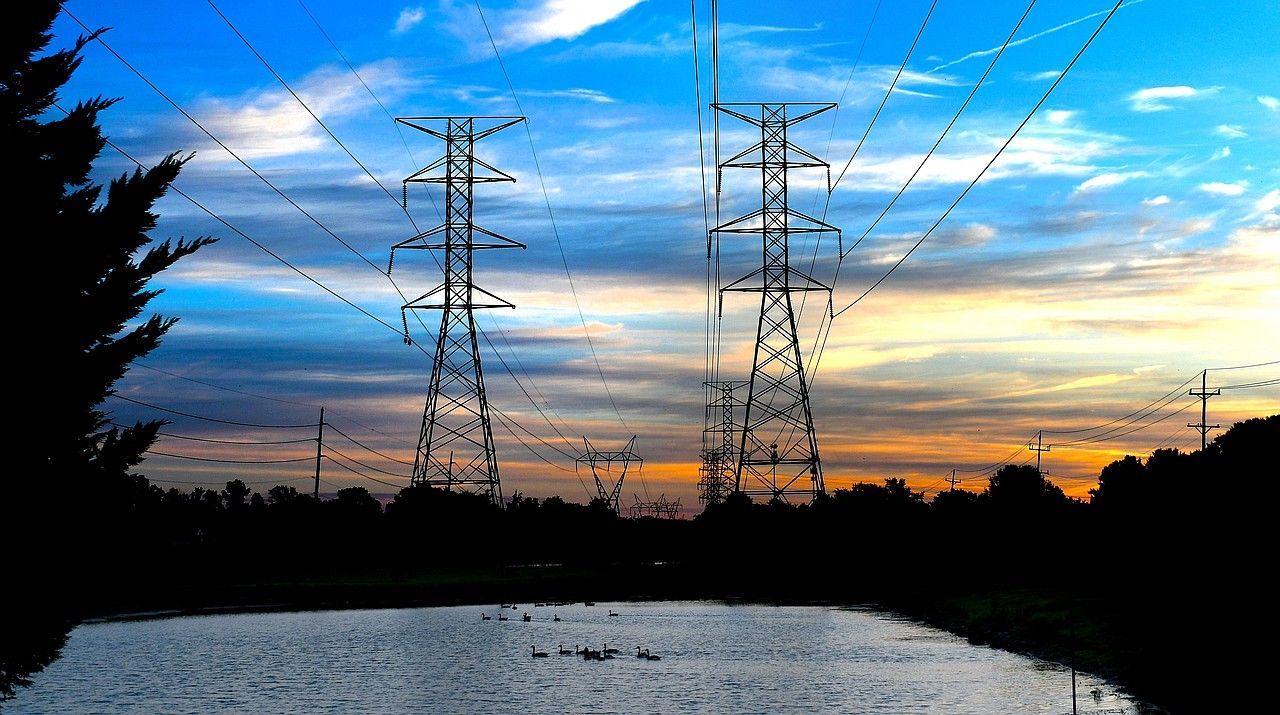
Four years ago, the University of Tennessee at Knoxville (UTK) launched a new initiative to help future corporate leaders bridge the divide between business and technical teams. The Heath Integrated Business and Engineering Program brings together students from the university’s Haslam College of Business and its Tickle College of Engineering to teach them how two very different sides of an organization can work together. In 2020, Seven States Power Corp. partnered with Knoxville Utilities Board (KUB) and students from the program to explore electric vehicle (EV) charger infrastructure on the UTK campus and ultimately, provide information that could aid in the formulation of a master plan for campus-wide EV charging.
What began as a casual conversation between Mary Pile, director of the Heath Integrated Business and Engineering Program, and Betsey Kirk McCall, president and CEO of Seven States Power, to find a project that Seven States could support will soon culminate with the installation of a new ChargePoint EV charger on the UT campus near the new Tickle College of Engineering.
“This was a student-led project. We teach our students how to look at the big picture to see how business and technical teams can work together to solve problems. We teach systems-thinking, communication skills, and problem-solving skills. For this project, our students set a goal of determining the need for additional EV chargers on campus and ultimately working with Seven States Power and KUB to bring a new charger to campus,” explained Pile.
Students began by accessing data collected by Chien-fei Chen, Director of Education and Diversity and Research Associate Professor for CURENT, who had surveyed more than 500 faculty, staff and students about their use of and interest in EVs and EV chargers. From there, the students worked with various campus departments, KUB staff, and the Seven States team to evaluate grid requirements, determine who the primary audience for campus chargers might be, and identify potential locations. Potential locations were then prioritized based on which campus programs had the most students, staff and faculty driving EVs as well as ease-of-access for tapping into existing electrical infrastructure, and finally, visibility of the chargers themselves. Visibility of the chargers became a key factor primarily to make sure drivers could easily locate a charger when needed, but also, as a means of helping the university highlight its commitment to sustainability.
While a few EV chargers already exist on campus, none offer the data-collection or revenue-generation capabilities of the ChargePoint dual-port charger provided by Seven States Power. Students, and others involved with this project, feel hopeful that once the new charger, which will be located in the Tickle College of Engineering parking lot in an easily accessible spot with high visibility along Neyland Drive goes live, they can begin collecting the necessary data to help the university develop a master plan for further charger installations.
“Our students have really enjoyed working on a project with such tangible results,” said Pile. “Working with Seven States allowed us to go beyond a theoretical concept to solve a problem with the potential for long-term benefits to our campus. Seven States has been extremely supportive and everyone on the team, along with the staff of KUB, have been great about providing any information we needed. They were great to work with…always available to answer questions. I would definitely recommend working with Seven States on this type of project to anyone who has the opportunity.”




